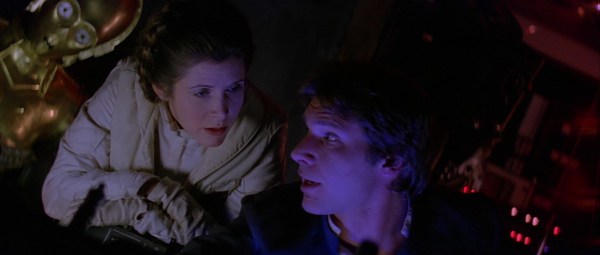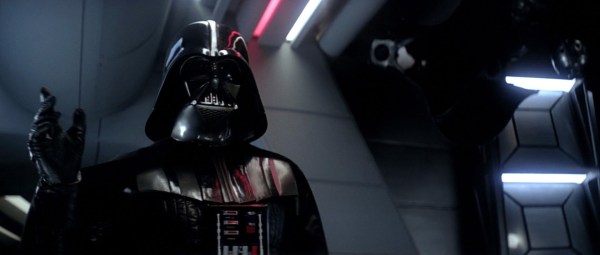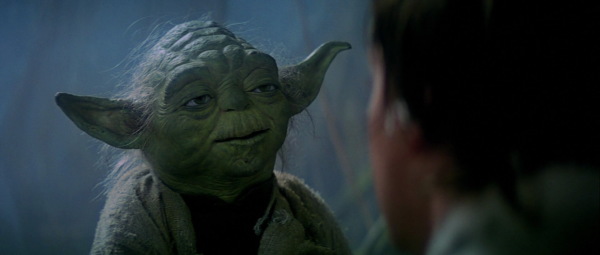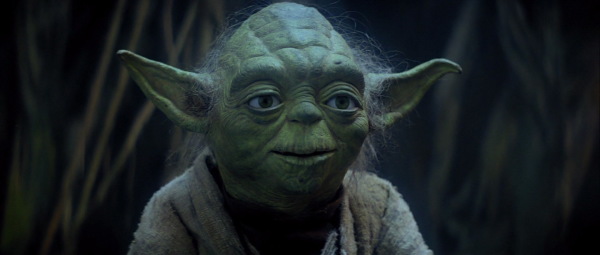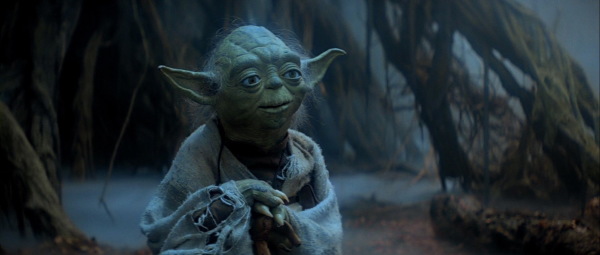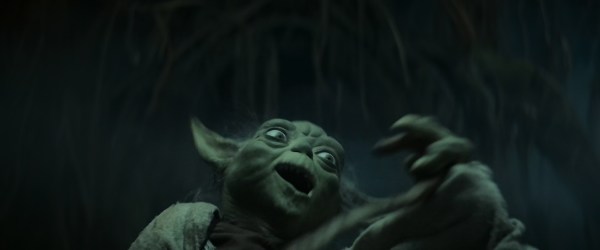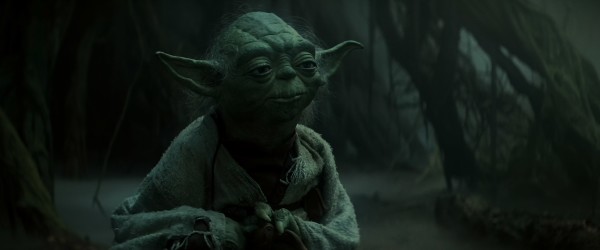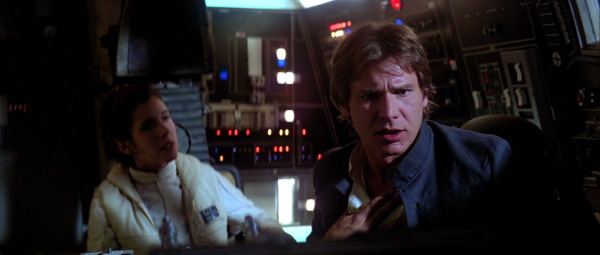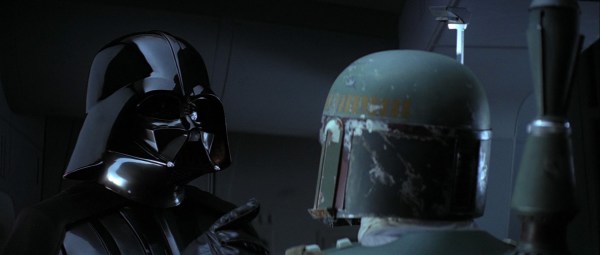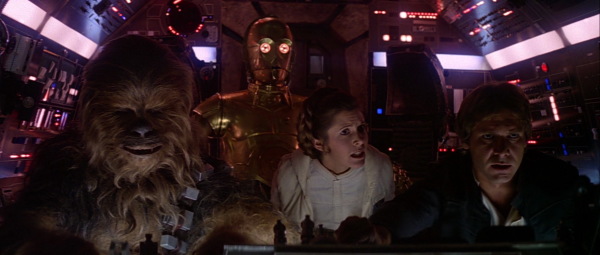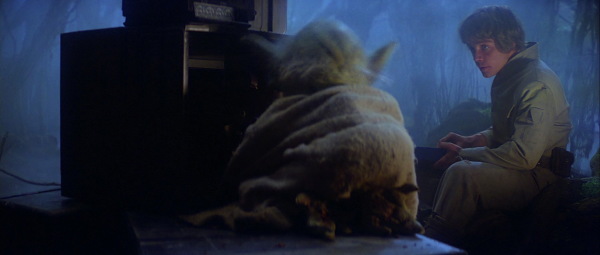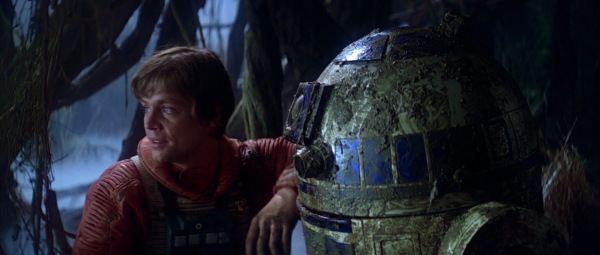Star Words: Episode V, Part 33
Aug. 6th, 2020 03:42 pmWell, Luke sees his friends. And things don't look good. We already knew from Boba Fett's pursuit at the end of the last scene that something ominous is coming for our heroes on the Falcon. But we get details here from Luke's vision before they show up in the timeline. A city in the clouds...Han and Leia in pain. When Yoda confirms that he has seen the future, Luke asks in true anguish, Will they die?
"Hmmm. Difficult to see. Always in motion, the future."
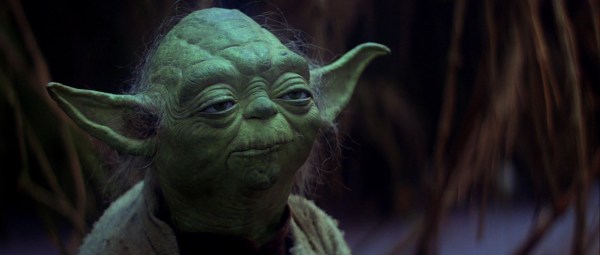
This is a crucible for Luke. We see its mirror image with Anakin's struggle in the prequels. If you could envision some awful future for your loved ones, wouldn't you do anything to prevent it? But just how reliable are those visions? Are they inevitable, or do they shift and change according to various choices? The future is always in motion. It is not immutable. How that plays out for the visions, we can only guess.
Story dynamics always get a little sticky when you bring in the component of being able to see the future. Did Anakin's vision of Padmé's death actually cause her death? How does free will come into play? The films offer no definitive answers, which leaves plenty of room for personal interpretations of these thorny issues. It's a marvelous philosophical tangle. Narratively speaking, it provides a situation that sets our hero between two excruciating choices -- try to change the future and risk abandoning the cause he has sworn to uphold, or follow his duty and leave his loved ones to potential doom. Save them, or destroy all for which they have fought and suffered? Luke is left with this conundrum while we get a first glimpse of that city in the clouds.
Next, a meeting with that city's debonair administrator....
"Hmmm. Difficult to see. Always in motion, the future."

This is a crucible for Luke. We see its mirror image with Anakin's struggle in the prequels. If you could envision some awful future for your loved ones, wouldn't you do anything to prevent it? But just how reliable are those visions? Are they inevitable, or do they shift and change according to various choices? The future is always in motion. It is not immutable. How that plays out for the visions, we can only guess.
Story dynamics always get a little sticky when you bring in the component of being able to see the future. Did Anakin's vision of Padmé's death actually cause her death? How does free will come into play? The films offer no definitive answers, which leaves plenty of room for personal interpretations of these thorny issues. It's a marvelous philosophical tangle. Narratively speaking, it provides a situation that sets our hero between two excruciating choices -- try to change the future and risk abandoning the cause he has sworn to uphold, or follow his duty and leave his loved ones to potential doom. Save them, or destroy all for which they have fought and suffered? Luke is left with this conundrum while we get a first glimpse of that city in the clouds.
Next, a meeting with that city's debonair administrator....

